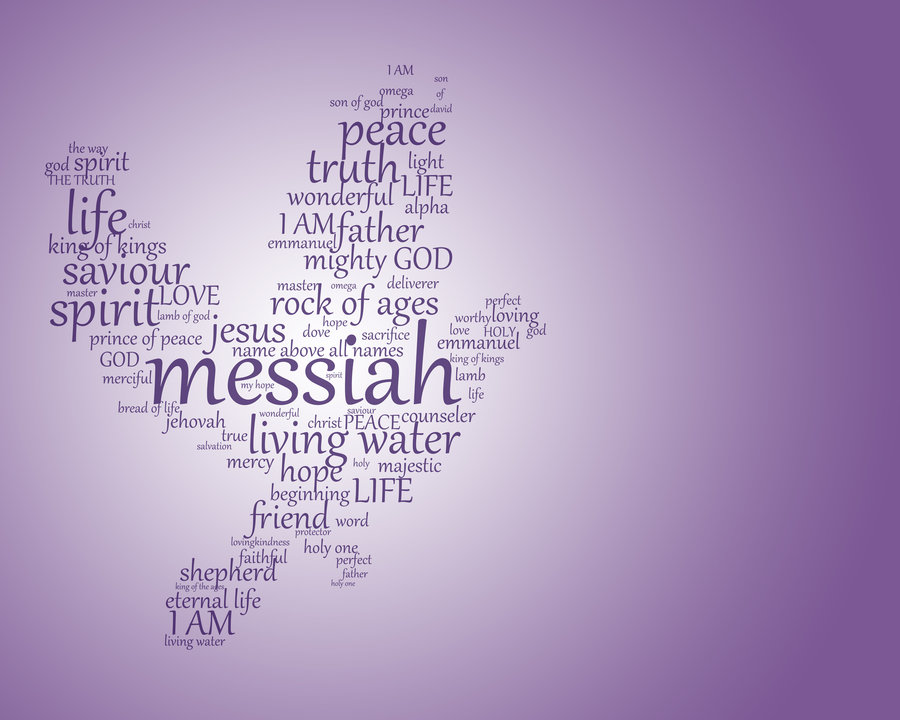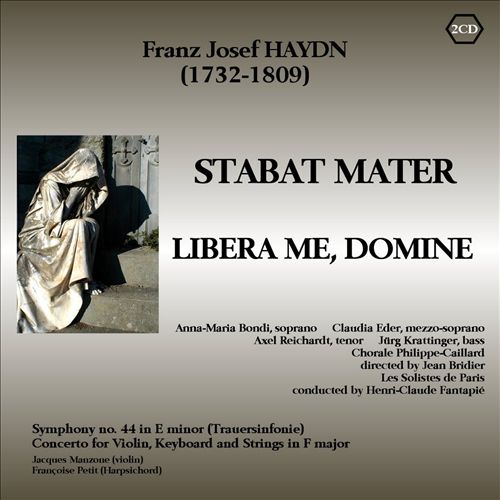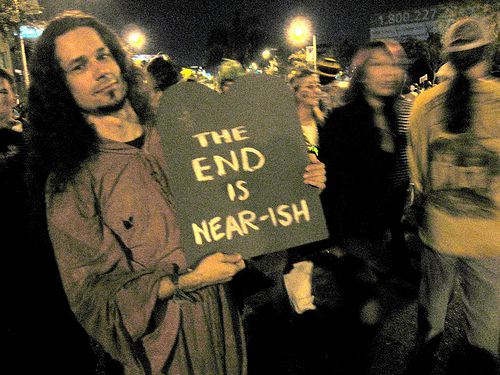How long, O LORD? Wilt thou forget me for ever? How long wilt thou hide thy face from me?
Have you ever suffered such intense pain that you despaired of living, that you felt you physically couldn’t go on? I hope not. But, sadly such agony of suffering is quite common to our humanity. It is in a very real sense, something we instinctively try to avoid at all cost. However, for the Christian the call of Jesus is the call to die. St. Paul said he was ‘crucified’ with Christ, so that he would no longer live to himself but that Christ would live and reign within him (Gal. 2:20).
At the time of my writing this devotion, it is only hours from learning that a dear friend, the child of a dear friend, died of tragic circumstances. I arose to read Psalm 13 today and immediately felt the need to call out to Jesus for my friends who are dying inside at their loss.
We often think of this ‘death to self’ as a metaphor for having made a decision to follow Christ. But, is that all it is? Not really. The call of the Christian to die is nothing less than a call to agony and suffering. Not a suffering we go looking for, but the kind that comes to us in all forms from this broken and sinful world. And when it comes, our response is to die upon the cross of our suffering when it presents itself. Crucifixion and agony go hand in hand.
Agony is defined as the final stages of a painful death, or as extreme physical or mental suffering. Whatever can be said of agony, it carries such a finality and extreme pain that few can bear it for long without giving up. It is precisely at this moment of giving up that we hear the Psalmist cry out in the prayer of Psalm 13. In the voice of David, we can hear the voice of Jesus as he faced the greatest agony of His life in the Garden of Gethsemane. And, it is precisely at this point of giving up that we realize we are not alone – Jesus is with us!
Though the pain and agony Jesus endured were excruciating, to the point of sweating drops of blood (Luke 22:34), we know He was able to cast His extreme burden on His Father. Verse five tells us He trusted in the steadfast love of the Father, whose love never changes and whose mercies never end.
Whatever suffering and agony you face today, know you’re never alone. Even though all your friends may forsake you, remember, there is one who sticks closer than a brother (Prov. 18:24), and His name is Jesus. Call upon the name of the Lord, for there is power in the name of Jesus. Is there anything greater we can do in the midst of our darkest circumstances than to call upon the name of Jesus? I don’t think so. Perhaps listening to this song will help strengthen your faith today so you can call upon the name of the Lord.
Shalom,
Pastor Brad
image credit: http://www.picturequotes.com/light-quotes










